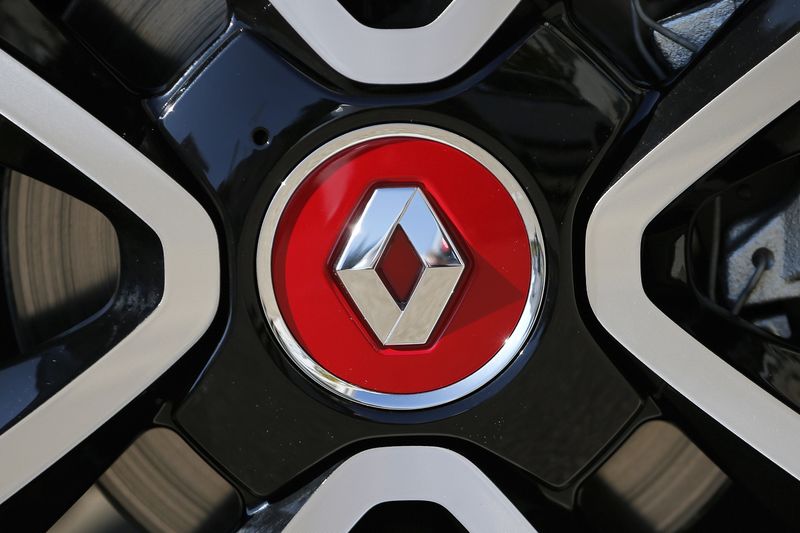Renault (EPA:RENA) is preparing to take its electric vehicle (EV) division, Ampere, public in the first half of 2024. This strategic move is drawing attention from investors of automotive giants like Ford (NYSE:F) and General Motors (NYSE:GM). The French carmaker's goal is to reduce EV production costs by 40%, focusing on battery and powertrain savings, with an eye on achieving a break-even operating profit margin by 2025.
On Wednesday, Renault announced its intention for the initial public offering (IPO) of Ampere. The company's approach to cost-cutting is essential as it navigates a competitive EV market. Analysts are keeping a close watch on Renault's plans, as the success of this IPO could set a precedent for the industry. However, not all are convinced of the necessity of this move; Bernstein analysts have raised questions about the IPO's importance.
As of today, Renault's shares are trading at a modest 2.7 times its projected earnings for 2024, reflecting investor concerns about the company's growth and profitability prospects. In stark contrast, other players in the EV space, such as Tesla (NASDAQ:TSLA) and BYD (SZ:002594), command much higher earnings multiples.
Ampere's profitability is anticipated later in the decade, but its potential value is already a topic of discussion. Drawing comparisons with Polestar (NASDAQ:PSNY) Automotive, which has a valuation of $6 billion and annual sales of 60,000 units, Ampere could be worth significantly more. Given Renault's annual sales figure of 250,000 battery-electric vehicles, some estimates suggest that Ampere could reach a valuation of $25 billion—more than double Renault's current market cap. This projection adds weight to the argument in favor of proceeding with the IPO.
This article was generated with the support of AI and reviewed by an editor. For more information see our T&C.
